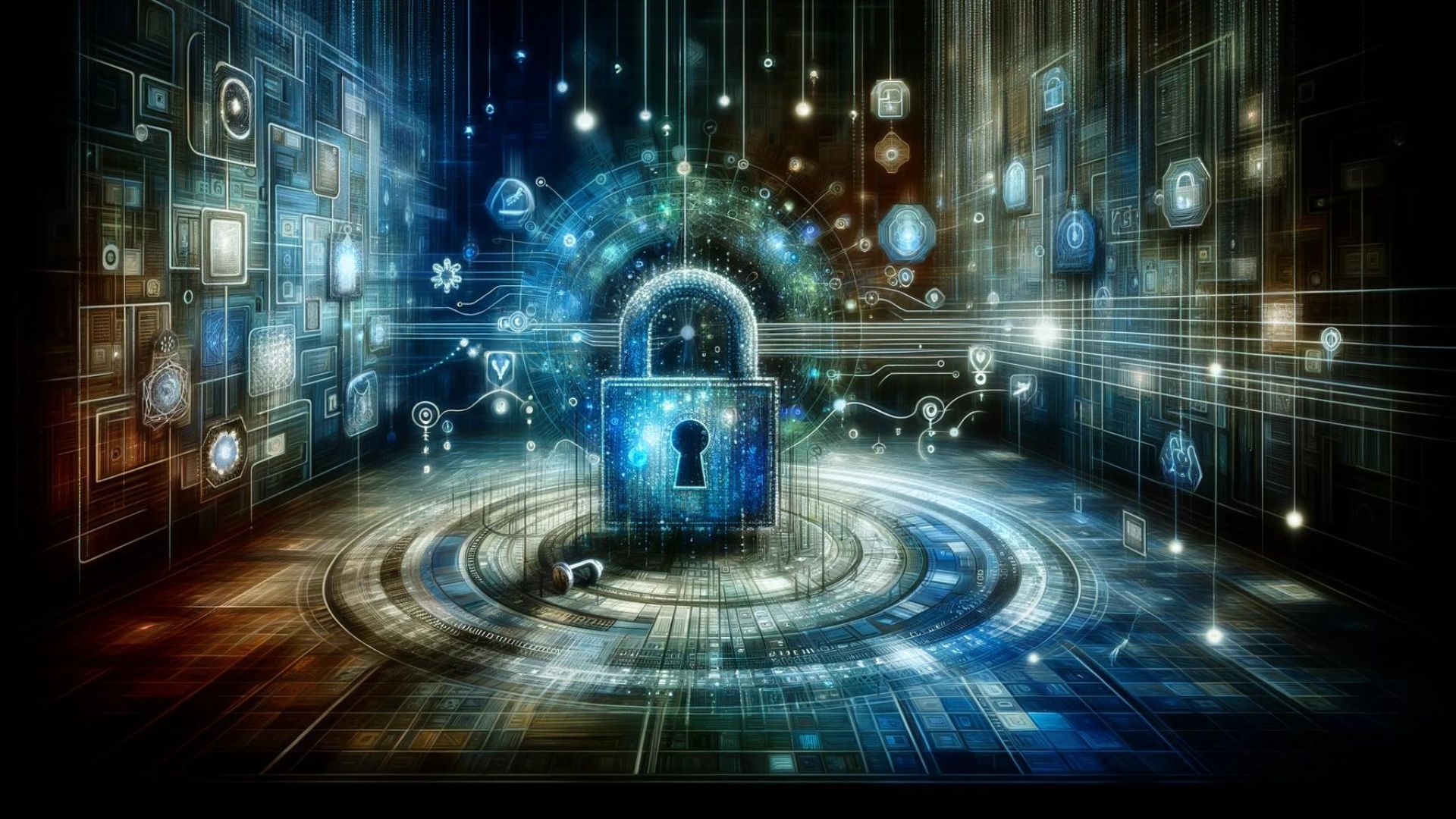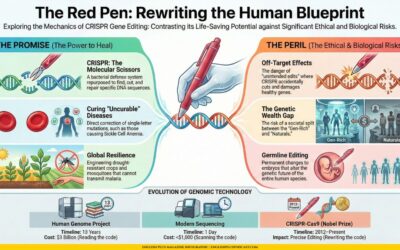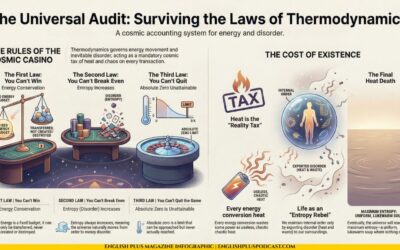Scientific Bytes: Cryptography: The Science of Secret Messages
Think about the last time you bought something online. Did you enter your credit card number without a worry? How about when you logged into your email or sent a private text? All those actions rely on something remarkable: cryptography. It’s the science of turning normal messages into a scrambled mess that only the right person (or computer) can unlock.
A Journey Through Time
Cryptography’s story is as old as secrets themselves. Ancient civilizations used simple ciphers – think of rearranging letters or substituting symbols – to hide military plans or private communications. You might have even made your own playful secret codes as a kid!
As technology advanced, so did cryptography. Think of World War II’s Enigma machines, where complex mechanical systems scrambled messages the enemy struggled to break, with codebreakers’ tireless efforts changing the course of history.
Cryptography in Your Pocket
Now, cryptography is woven into the fabric of our digital lives. Let’s break it down:
- Online Shopping: When you buy something, cryptography encrypts your credit card details, making them unreadable to anyone trying to intercept them.
- Passwords: Most websites don’t store your actual password. Instead, they store an encrypted version – a jumble of characters only their system can unlock.
- Secure Messaging: Apps like WhatsApp and Signal encrypt messages end-to-end, meaning even the companies themselves can’t read what you and your friends are saying.
Cryptography Superpowers
Beyond just keeping secrets, cryptography also does these amazing things:
- Digital Signatures: They work like electronic seals, proving that your emails or online documents really came from you, and haven’t been tampered with.
- Blockchain: The core technology behind cryptocurrencies like Bitcoin uses cryptography to make transactions secure and virtually impossible to fake.
Understanding the Basics
At its heart, cryptography is about transforming messages (called “plaintext”) using mathematical functions (called “ciphers”) into scrambled nonsense (called “ciphertext”). Only someone with the right key (like a codebook) can turn the ciphertext back into the original message.
Get Involved!
The world of cryptography is vast and exciting, and you don’t need to be a math whiz to get interested:
- Try Secret Codes: Play around with simple ciphers online (Caesar Cipher or Pigpen Cipher are fun ones). You’ll start seeing the patterns behind how they work!
- Explore Crypto’s History: Learn about famous codes from history: the Enigma machine, Native American code talkers, or even secret codes spies still use today!
Understanding cryptography empowers you. It reveals a hidden layer of our digital world and shows how science protects the information that keeps modern society running. So next time you see that little lock icon in your browser, remember – secret science is hard at work!
Why Should You Care?
- You use it every day: Cryptography protects your digital life: bank details, private messages, even just keeping your Wi-Fi network secure.
- Understanding empowers you: Knowing the basics of how your information stays safe online makes you a savvier internet user.
- It protects more than just secrets: Cryptography is crucial for digital currencies, secure voting systems, and safeguarding against cyberattacks.
- It’s a fascinating field: Exploring the history and future of cryptography reveals a world of intellectual challenges and innovation.
Key Takeaways
- Cryptography is everywhere: It’s the invisible shield protecting your online actions, far beyond simple spy games.
- From ancient times to now: The desire to keep secrets has driven increasingly complex methods of encryption throughout history.
- It’s more than secrecy: Cryptography guarantees authenticity, secures financial systems, and anchors new technologies like blockchain.
- Mathematical magic: Cryptography turns messages into code using clever mathematical tricks, with deciphering only possible with the right key.
Keywords
- Cryptography: The science of creating and deciphering secret codes and communications for secure transmission.
- Cipher: A method or algorithm for encrypting or decrypting messages.
- Encryption: The process of disguising information (plaintext) to make it unreadable (ciphertext) without a special key.
- Decryption: The reverse process of turning ciphertext back into the original readable message.
- Plaintext: The original, unencrypted message or data.
- Ciphertext: The scrambled, encrypted version of the message.
- Key: Secret information (a password, code, or complex mathematical formula) needed to encrypt or decrypt a message.
- End-to-end encryption: Where a message is encrypted on the sender’s device and only decrypted on the recipient’s, preventing interception in between.
- Digital signature: A cryptographic technique for verifying the sender’s identity and that a message hasn’t been altered.
- Blockchain: A secure, decentralized digital ledger technology best known for its use in cryptocurrencies.
Frequently Asked Questions
- Can any encryption be broken? Theoretically yes, but modern cryptography is designed to be so complex that it would take computers an unrealistic amount of time and resources.
- What about quantum computers? This emerging technology could break current encryption methods, sparking a cryptographic arms race.
- Is cryptography used by criminals too? Unfortunately, yes. The same tools that keep us safe can be used for malicious purposes.
Myth Buster
- Myth: Cryptography is only for tech experts. Reality: While the most advanced cryptography is complex, the basic concepts and its impact are accessible to everyone.
Let’s Talk
- Have you ever had your data compromised online? How might stronger encryption have helped?
- Do you trust online banking and shopping because of cryptography? Why or why not?
- If you could design your own simple cipher, what would it be like?
Let’s keep the conversation flowing! Share your opinions in the comments below.










0 Comments